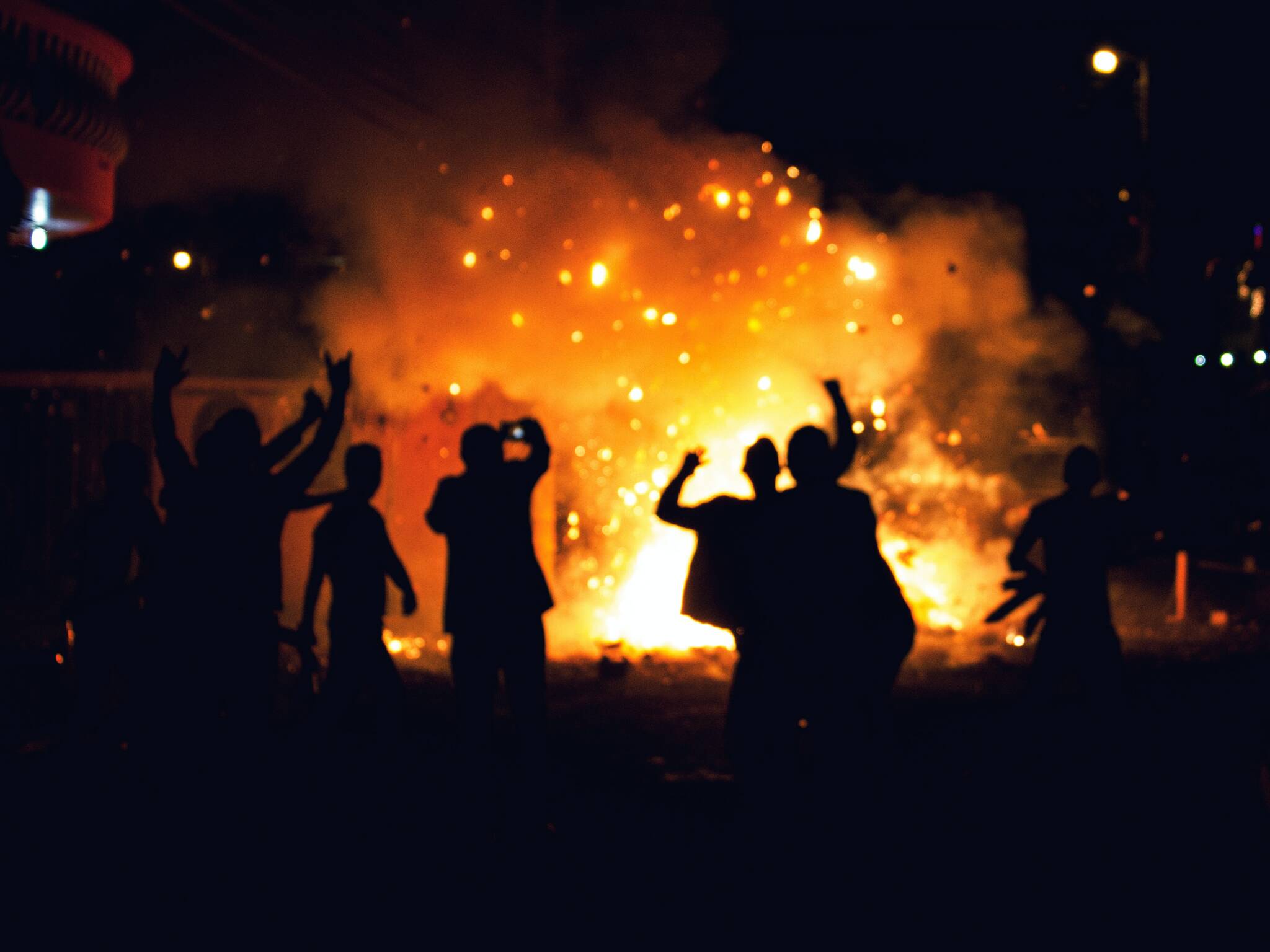By Rich Moniak
As expected last Thursday, the Anchorage Assembly overrode Mayor Dave Bronson’s veto of the emergency mask ordinance passed earlier in the week. The vote was 9-2. Crystal Kennedy was one of the members who voted to uphold the veto. After acknowledging how “divisive this community is over this issue,” she argued “the only thing that this particular override does is fuel that fire.”
That’s a continuation of the most nonsensical argument expressed in opposition to mask mandates.
Every public policy enacted in response to the pandemic has been highly contentious. The problem isn’t the decisions that were made. We’ve just been forced to deal with stark disagreements on a daily basis like never before.
In this case, the prevailing opinion of health care professionals is face masks reduce transmission of the virus, thus reducing hospitalizations. The rate of infections in Anchorage, and in Juneau, shows we’ve collectively failed to heed their advice. That’s why we ended up with our assemblies considering and passing ordinances making it mandatory face coverings be worn in public places.
But it makes no sense to believe those who have abided by the recommendations would be satisfied if wearing masks remained voluntary. We’d still be living in communities bitterly divided by that decision and much more.
Only side showed up to testify at the assembly meetings. As Tim Bradner wrote in the Anchorage Daily News, what happened there “and on Jan. 6 should be worrisome for those of us who really want to protect democracy.”
Certainly, the violence at the U.S. Capitol was far more disturbing. But in both cases, the mentality of mob rule breached the borders of acceptable behavior, was openly encouraged by the elected officials closest to the cause and passively condoned by self-muted party leaders.
However, these aren’t the only examples where mob rule threatens democracy. At the risk of being accused of drawing false equivalents, there are some from the summer of 2020.
The Black Lives Matter protests over the police murder of George Floyd may have been mostly peaceful, but as violence erupted alongside them, many in and aligned with the movement wrongly justified the riots as “the language of the unheard.”
The Capitol Hill Autonomous Zone in Seattle was anything but liberal democracy in action. In Portland, where demonstrations continued long into the summer, some demonstrators responded to their unmet demands with vandalism and violence.
True, just about every well-known Democrat on the national stage condemned the violence. But others, including many at the state and local levels, shied away from criticizing misguided calls to “defund the police” and activists who took it upon themselves to damage or topple statues of historical figures.
Whether or not we agree with the cause doesn’t justify those actions. More to my point, anyone on the political right, left of center, or tuned out of politics entirely saw mobs attempting to establish rules that would be undemocratically imposed on us all.
I understand none of the above equates with what happened in Anchorage. To trace that form of mob rule we have to go back to the 2009 Tea Party movement and their tactic of rudely disrupting town halls held by congressional democrats.
Most Republicans in and seeking public office at the time viewed those angry displays with an eye to gain an electoral advantage. Dividends were realized in 2010 when they flipped 64 Democratically held seats in the House of Representatives.
After Republicans maintained majorities in both chambers and captured the White House in 2016, many progressive activists who had condemned the Tea Party antics joined a new group called Indivisible who recommended following the Tea Party’s playbook.
Finally, there’s the illiberal mob culture on social media and in American universities that demand the boundaries of acceptable behavior conform to their minority viewpoints.
Our divisions are fueled not by ordinances and laws passed or defeated by elected officials, but rather by the opposing echo chambers many of us occupy. It’s there that compromise is a dirty word. And egged on by biased media personalities, prejudicial judgment, anger and rage have replaced verifiable evidence, reason and persuasion as the tools for change.
For more than a decade we’ve been playing with those fires. If we don’t douse the flames soon, the America we claim to be defending won’t survive.
• Rich Moniak is a Juneau resident and retired civil engineer with more than 25 years of experience working in the public sector. Columns, My Turns and Letters to the Editor represent the view of the author, not the view of the Juneau Empire. Have something to say? Here’s how to submit a My Turn or letter.

